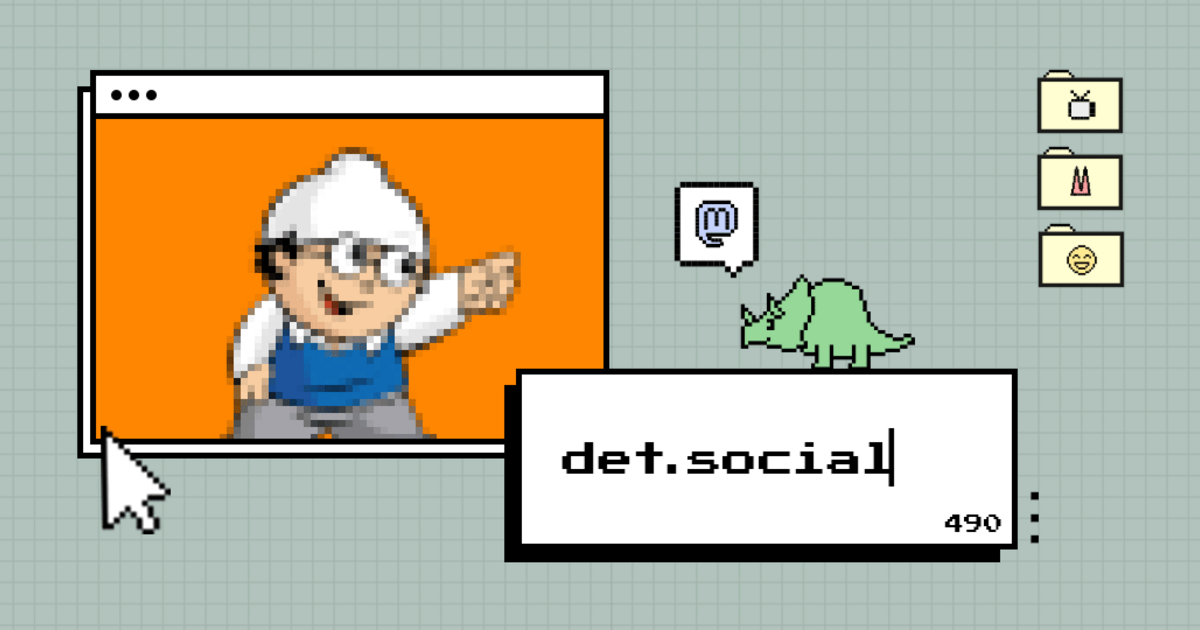@RuthMalan It's the "and then" part that's the problem. I write the ADR before making the decision, using it to drive discussion and evaluate options (and record the options, too). That's where most of the value comes from for me.
ADRs are rarely needed afterwards, but when they are (mostly during onboarding of new team members, but maybe also if something doesn't turn out the way we imagined), they are an immensely useful tool for understanding the thinking that went into the decision.
In other words (because I've been thinking about Peter Naur's Theory Building View lately), ADRs can help people (re)build the theory of the system in their minds if necessary, keeping it alive. People who already possess the theory don't need to read them, and this is a good thing.
Dive into the details: https://bit.ly/46RI2Jd




